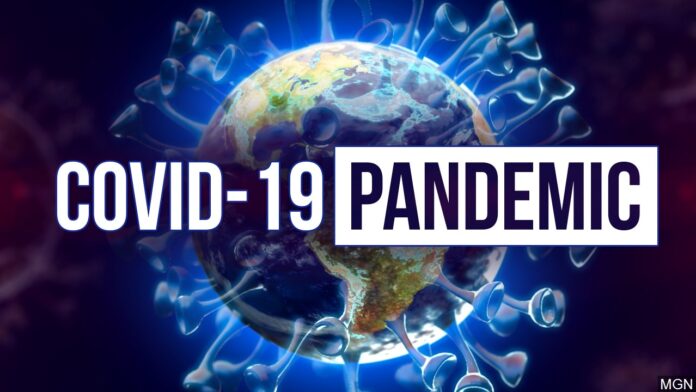HARLINGEN — The fickle nature of COVID-19 makes face masks crucial.
Dr. Ameer Hassan, head of the neuroscience department at Valley Baptist Medical Center, and other medical professionals have consistently pointed out that COVID19 patients may show no symptoms but can expose others.
“A lot of people get sick and they end up never getting severely sick,” he said. “They had one or two days of cough or stuffy nose and then they felt fine.”
According to Hassan, only about 5 percent of
COVID-19 patients will be critical or die. Ten percent of them will have severe symptoms. The other 85 percent will have no or very mild symptoms.
“The reason we want people to wear a face mask is so that if you are one of the people who ends up being symptomatic or having mild symptoms, we don’t want you to spread it,” Hassan said. “You might infect someone who would become critical, especially if they are over 70.”
He pointed out how the wearing of face masks has affected coronavirus rates in Japan and Korea.
“Everybody wears face masks,” he said. “That’s why they have the least amount of deaths, the least amount of cases. Japan is way more densely populated than Florida or Texas.”
Japan has a mass transit system in which people crowd closely together. This would seem to proliferate the rate of coronavirus cases. But it hasn’t — because everyone wears face masks.
“They all respect each other,” Hassan said. “They wear the masks as a courtesy to their neighbor. They’re not wearing it to prevent themselves from getting it. They’re wearing it just in case they have it they don’t want to give it to anybody else. This is part of their society.”
The Japanese, he said, were wearing masks long before the pandemic hit. They wear them every winter to prevent the spread of colds, flu, and any other germs.
“This is their mentality,” he said. “It’s a courtesy to wear a face mask so they don’t spread any disease




